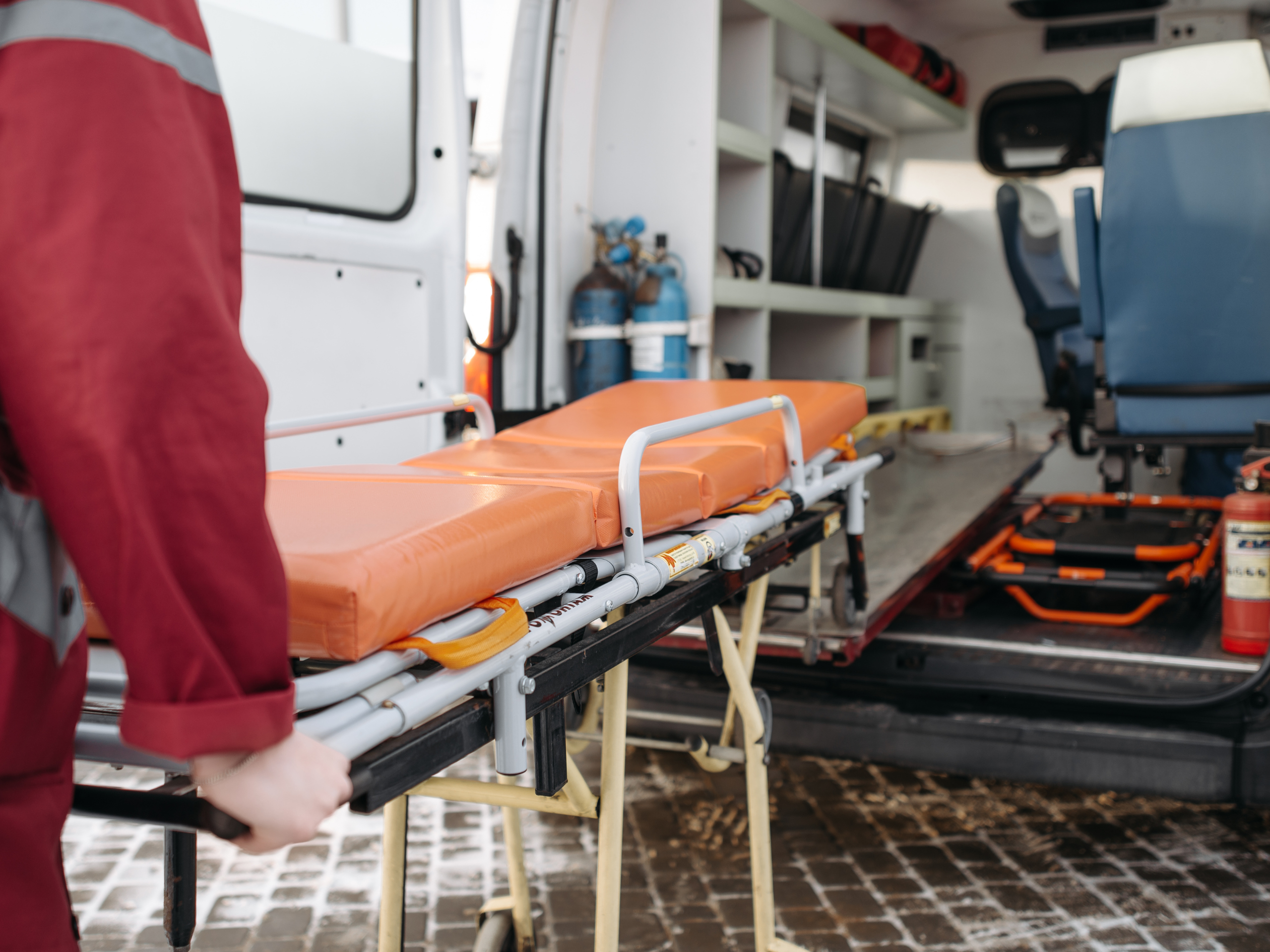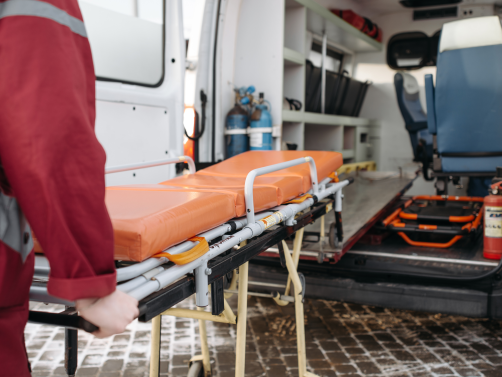In an emergency, every second counts — but knowing when to call for help can make all the difference. Whether it’s a medical crisis, accident, or unexpected health scare, many people hesitate or second-guess themselves in the moment. That delay can be dangerous. The truth is, it’s better to call and be wrong than not call and risk someone’s life. Emergency services are trained to assess and respond to these situations. Here’s how to know when it’s time to make that critical call.
1. The person is unconscious or unresponsive.
If someone suddenly collapses, is not waking up, or becomes unresponsive, call emergency services immediately. This could be cardiac arrest, stroke, or another life-threatening event.
2. The person is having trouble breathing or not breathing at all.
Any form of difficulty breathing — gasping, wheezing, shallow breaths, or complete loss of breath — requires urgent attention. Don’t wait to see if it passes.
3. There is severe bleeding that won’t stop.
If someone is bleeding heavily and pressure isn’t helping, or blood is spurting from a wound, call for help right away. Rapid blood loss can lead to shock and death if untreated.
4. Chest pain, tightness, or pressure.
These are classic symptoms of a heart attack. If someone complains of chest pain that doesn’t go away quickly or spreads to the arms, neck, or jaw, don’t hesitate — call emergency services.
5. Seizure or sudden loss of control.
Place the person in the recovery position to keep their airway open in case they haven’t regained consciousness. Call for help and continue to monitor their breathing.
6. Signs of a stroke.
Use the FAST method:
F – Face drooping
A – Arm weakness
S – Speech slurred
T – Time to call emergency services
Acting quickly can drastically improve recovery outcomes.
7. Drowning, near-drowning, or choking.
These are all critical situations where quick intervention and medical response are essential. Even if the person seems okay after, they should be evaluated by professionals.
8. Accidents involving major trauma.
Car accidents, falls from height, or injuries with visible broken bones, head trauma, or unconsciousness all require emergency medical evaluation.
9. Sudden confusion, strange behavior, or altered mental state.
This could be caused by stroke, head injury, or even severe infection. If someone suddenly seems “off,” disoriented, or irrational, call for help.
10. Your gut tells you something’s wrong.
Trust your instincts. If a situation feels serious, it probably is. Emergency responders would always rather be called unnecessarily than arrive too late. Being prepared means knowing not just what to do in an emergency — but when to call in the professionals. The quicker you take action, the better the chance of survival and recovery.
Know Who to Call! Get the Emergency Numbers You Need.
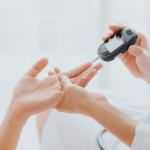
Managing a Diabetic Emergency
A quiet coffee break turned critical in seconds.Trauma nurse Catherine Rodwell shares how quick action—and a teaspoon of syrup—helped save a life during a sudden diabetic emergency. Whether you’re a parent, teacher, or just someone who wants to be prepared, this story is a powerful reminder of why first aid

Clear Vision: Eye-Injury Emergency Steps
Your eyes are delicate and exposed, making them especially vulnerable to sudden injuries — whether from chemical splashes or small foreign objects like dust, metal shavings, or wood splinters. Knowing how to respond quickly and correctly can protect vision, reduce damage, and prevent long-term complications. Here’s a simple guide to

Strap In for Safety: Master Baby Car Seat Use
A correctly installed car seat is your child’s first line of defense on the road. Every year, misuse or poor installation contributes to preventable injuries during vehicle accidents. In this guide, we’ll cover the essentials of choosing, installing, and adjusting your baby’s car seat — so you can drive with
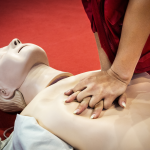
Why Everyone Should Learn CPR
In an emergency, the actions you take in the first few minutes can mean the difference between life and death. Cardiopulmonary resuscitation (CPR) is one of the simplest and most effective ways to help save a life — and yet, many people still don’t feel confident enough to use it
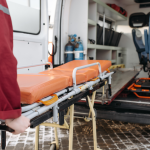
Who & When to Call Emergency Services
In an emergency, every second counts — but knowing when to call for help can make all the difference. Whether it’s a medical crisis, accident, or unexpected health scare, many people hesitate or second-guess themselves in the moment. That delay can be dangerous. The truth is, it’s better to call
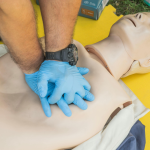
Top 5 CPR Myths Debunked!
When it comes to CPR (Cardiopulmonary Resuscitation), misinformation is everywhere. These myths can prevent people from stepping in to help when every second counts. At Survival CPR, we believe knowledge is power—and in this case, it could be life-saving. Separate fact from fiction and empower yourself to act confidently

About
Welcome Founded in 2001 by Sister Catherine Rodwell, a seasoned trauma and ICU expert with extensive experience in medical evacuations across Africa, Survival® CPR is dedicated to empowering individuals with life-saving skills. Her mission is to equip parents, nannies, childminders, teachers, and employees with the knowledge and skills to respond

Scholars CPR and First Aid Course
Scholars CPR and First Aid Course Children can save lives! Our Scholars CPR and First Aid Course is tailor-made for young children from the age of 9 to 18. This vital course will enable young and older children to know how to handle an accident or emergency involving children and

Baby and Child CPR and First Aid Course
Baby & Child CPR and First Aid Course Our Baby and Child CPR and First Aid Course is tailor-made for parents. This vital course will teach a parent how to handle an accident or emergency involving babies and children. You will learn how to handle all First Aid emergencies as

